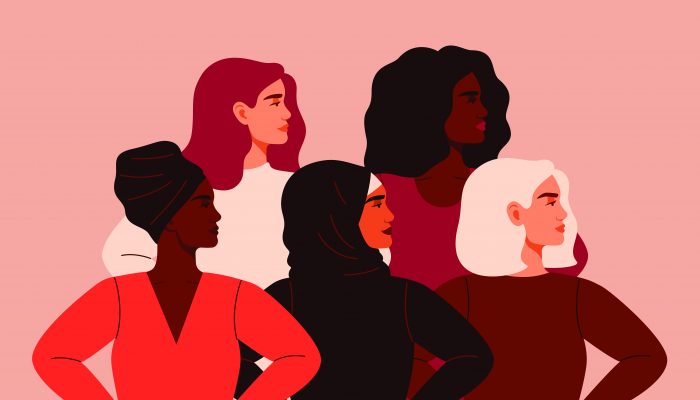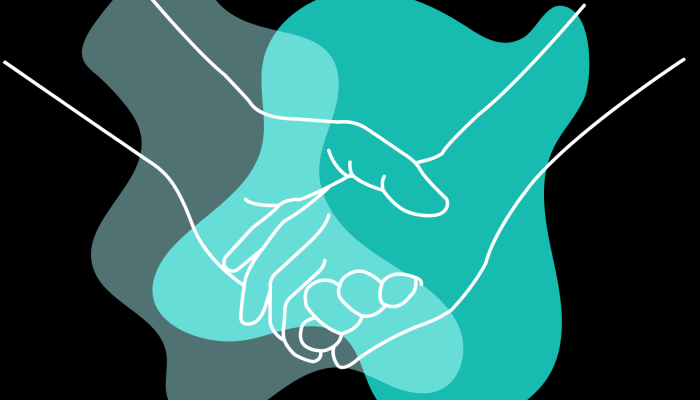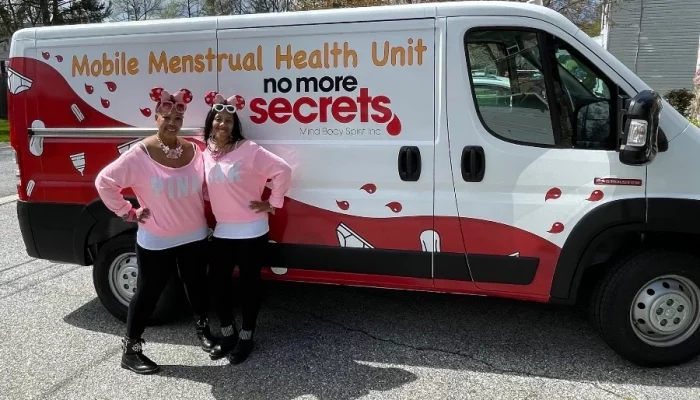by Alexandra Lenihan, Office of Domestic Violence Strategies, and Jovida Hill, Mayor’s Office of Engagement for Women
Today, you may see posts on social media honoring and thanking female leaders, moms, sisters, and bosses. That’s because it’s March 8 – International Women’s Day (IWD). But today isn’t just a celebration – it’s a yearly call to action.
This IWD, the Office of Domestic Violence Strategies and the Philadelphia Commission for Women call on you to break the bias against women and girls and create a more equitable future.
But first, how did IWD Day start and why is it still so important?
The History of IWD
The first IWD was observed 110 years ago as a coordinated campaign for women’s rights in the workplace and society. While many of the goals to advance voting rights and anti-discrimination laws have been realized, this day both recognizes these achievements and highlights the continued need to advocate for gender equality.
Why Now?
The gaps in social and economic power, effects of the pandemic, and continued violence against women all keep the intent of International Women’s Day vital.
According to the World Economic Forum, the gender pay gap varies for women in the United states. Women overall make 82 cents to every dollar a man makes. For Asian women, that number is 87cents, for black women 62 cents, for Native American women : 60 cents, and for Latinas: 55 cents to the dollar. Based on our city’s demographics, closing the gender pay gap could go a long way to reducing our city’s poverty rate, especially when you consider that women outnumber men in Philadelphia by 90,000 (the largest disparity in gender of any major city in the nation.) Globally, that wage gap translates into a gap in overall wealth and persists across sectors and in many countries. One step toward repairing this disparity is the Philadelphia Wage Equity Ordinance, which makes it illegal for employers to ask for current or past salary history during the hiring process.
Women and girls have been impacted greatly by the COVID-19 pandemic. More women than men have left the workforce, often due to lack of childcare at home. Poverty for women and girls has increased as a result of COVID-19. And already imbalanced workloads for women at home have increased dramatically. There are ways dads and partners can help alleviate that imbalance, and make domestic work more equal, like intentionally sharing chores and childcare duties. Philadelphia is encouraging families to file their taxes, especially those who do not traditionally file, to ensure they receive the full child tax credit benefit, to help with some of this financial stress. (Check out ClaimYourMoneyPHL for assistance with taxes this year.)
Domestic violence and violence against women have unfortunately increased through the pandemic, as highlighted by UN Women. COVID-19 has complicated access to services for domestic violence survivors, due to factors like risk of exposure to illness, isolation, abusive partners spending more time at home, and increased financial stress. Shared Safety, Philadelphia‘s coordinated community response to domestic violence, created a resource map that survivors and allies can use to find help in their neighborhoods.
Barriers to equality are persistent for women in our city and worldwide. But, there are resources available, and ways you can help.
What You Can Do:
Learn about the Philadelphia Commission for Women, which works to improve the lives of women and girls in Philadelphia by advising City government on public policy matters and hosting forums on topics that impact women.
Learn about the Office of Domestic Violence Strategies, which helps the City’s Health and Human Service agencies improve their response to domestic violence through training, policy development, and partnerships with community agencies.
Check out these IWD resources and #BreakTheBias – commit to calling out stereotypes and discrimination that hold women back.
Learn about Shared Safety, Philadelphia’s coordinated community response to relational violence.




